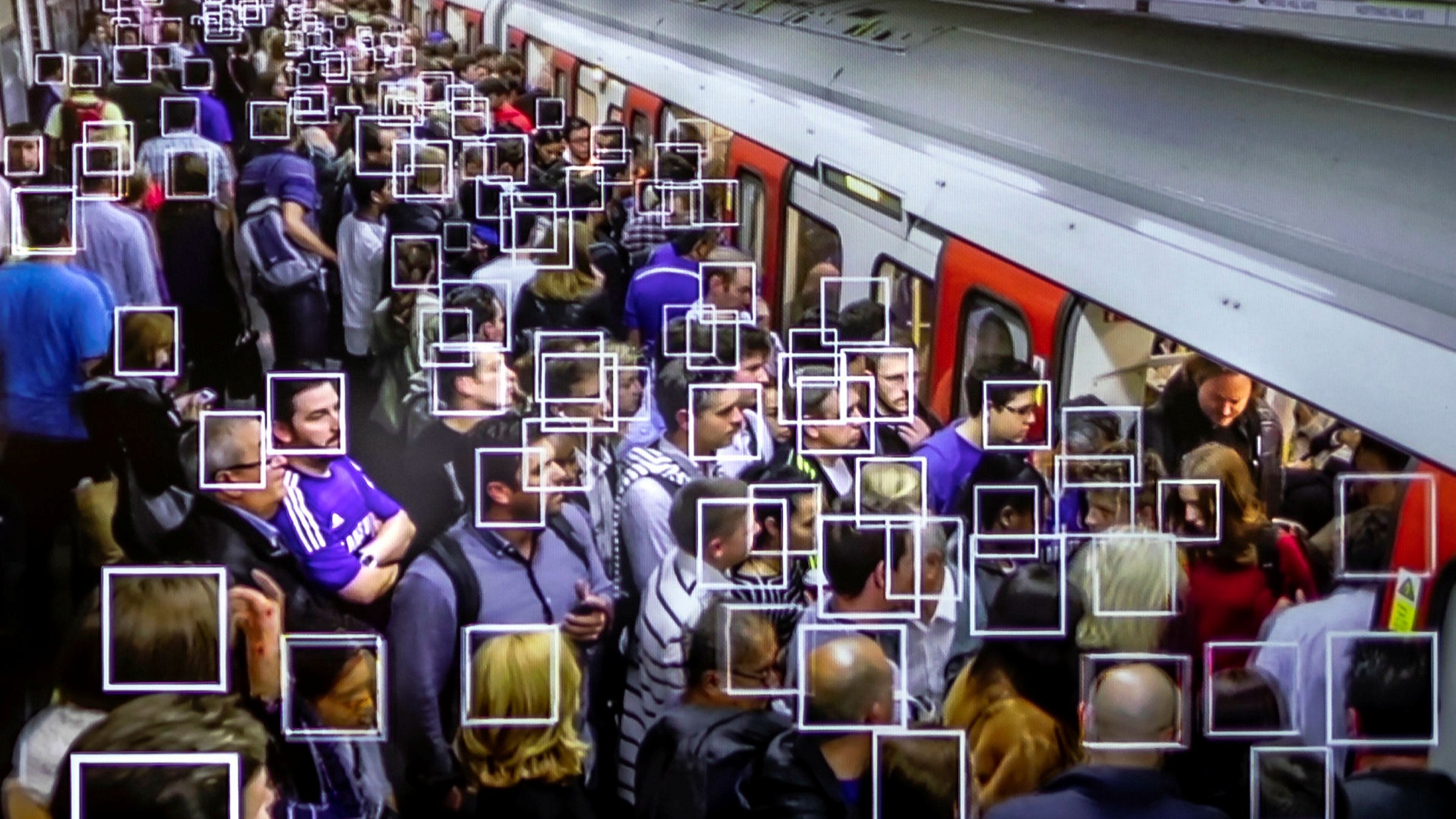Kerby Anderson
Americans are being watched digitally, and it doesn’t seem to matter whether they are innocent citizens, suspects, or criminals. That is the argument made in the brief filed by the Rutherford Institute in a case before the Supreme Court.
The case involves a man who federal investigators traced using cell site location information that allowed them to trace his movements back in time. He was arrested, indicted, and convicted. The issue isn’t his guilt but the fact that the information was gathered electronically without a warrant.
The use of this technology provided a conviction, but it can also be used to identify where you are at any given time. It can tell if you are at home, in church, at the store, or at a political event. The typical response from many people is that they have nothing to hide. But consider how this technology is currently being used in communist China.
John Whitehead is the president of the Rutherford Institute and observes that, “Cell phones have become de facto snitches, offering up a steady stream of digital location on users’ movements and travels.” Then also consider that “police are tracking people’s movements by way of license plate toll readers; scouring social media posts; triangulating data from cellphone towers and WiFi signals; layering facial recognition software on top of that; and then cross-referencing footage with public social media posts.”
Essentially “Americans are being swept up into a massive digital data dragnet that does not distinguish between those who are innocent of wrongdoing, suspects, or criminals.” We are supposedly protected by the Fourth Amendment, but this new technology allows investigators access to our lives and activities.
We are not only losing our privacy, but technology is being used against us even when are innocent of wrongdoing. That is why I am glad this case is before the Supreme Court.
 Listen Online
Listen Online Watch Online
Watch Online Find a Station in Your Area
Find a Station in Your Area










 Listen Now
Listen Now Watch Online
Watch Online
